Understanding Stem Cell Treatment Legality in Malaysia
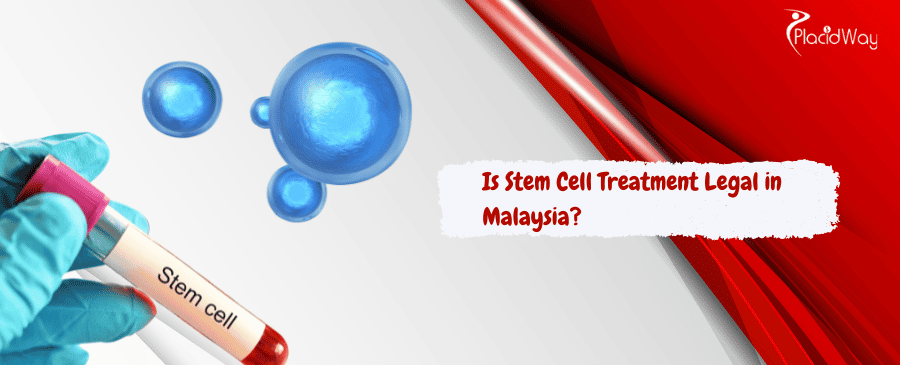
Stem cell treatment has emerged as a groundbreaking area in medicine, offering potential solutions for various conditions. Malaysia has actively embraced this field, establishing a framework to ensure that such therapies are conducted safely and ethically. This guide will explore the current landscape of stem cell treatment in Malaysia, addressing common questions about its legality, regulations, and the types of treatments available. We aim to provide clear, concise answers and detailed explanations to help you understand this complex yet promising medical advancement. The Malaysian government, through its Ministry of Health and various regulatory bodies, is dedicated to overseeing stem cell therapy to protect patients and uphold high standards of care.
Is Stem Cell Treatment Legal in Malaysia?
"Yes, stem cell treatment is legal in Malaysia, but its use is carefully regulated and primarily permitted for research, clinical trials, or under registry, with specific prohibitions on embryonic stem cells and animal stem cells for general therapeutic use."
Malaysia has a structured approach to stem cell therapy, recognizing its potential while prioritizing patient safety and ethical considerations. The Ministry of Health Malaysia (MOH) plays a central role in governing these practices. While human adult stem cells can be utilized, particularly those sourced from bone marrow, peripheral blood, and cord blood, the use of embryonic stem cells and animal stem cells for therapeutic purposes outside of specific, approved research protocols is prohibited. All research and clinical applications involving stem cells must adhere to the stringent guidelines set forth by the MOH, including review by the National Stem Cell Research and Ethics Sub-Committee (NSCERT). This ensures that any procedures performed are both scientifically sound and ethically compliant.
What are the Main Regulations Governing Stem Cell Therapy in Malaysia?
"The main regulations governing stem cell therapy in Malaysia are primarily outlined in the Ministry of Health's Guidelines for Stem Cell Research and Therapy, the Private Healthcare Facilities and Services Act 1998, and guidelines from the National Pharmaceutical Regulatory Agency (NPRA) for Cell and Gene Therapy Products (CGTPs)."
The Malaysian Ministry of Health (MOH) has established comprehensive guidelines, notably the "Guidelines for Stem Cell Research and Therapy," which dictate the acceptable practices for both research and clinical application of stem cells. These guidelines aim to foster scientific advancement while preventing unethical conduct. Additionally, the Private Healthcare Facilities and Services Act 1998 ensures that all healthcare facilities offering stem cell treatments operate under proper licensing and oversight. The National Pharmaceutical Regulatory Agency (NPRA) further regulates "Cell and Gene Therapy Products (CGTPs)," treating them similarly to other biological pharmaceutical products, requiring stringent evaluation for safety, quality, and efficacy before they can be sold or used in Malaysia. These multi-layered regulations ensure a robust oversight framework for stem cell treatments in Malaysia.
Are Embryonic Stem Cells Permitted for Treatment in Malaysia?
"No, the use of embryonic stem cells for general therapeutic purposes is generally prohibited in Malaysia; however, research on embryonic stem cells derived from surplus embryos in In Vitro Fertilization (IVF) procedures is allowed under strict ethical guidelines."
The Malaysian regulatory framework explicitly distinguishes between different types of stem cells. While adult stem cells are widely used and researched, embryonic stem cells are subject to much stricter controls due to ethical concerns. The creation of human embryos solely for research purposes is forbidden. However, research using embryonic stem cells derived from supernumerary embryos (those not used for reproductive purposes from IVF treatments) is permitted, provided it adheres to the MOH guidelines and does not involve growing the embryos for more than 14 days or until the primitive streak forms. This balanced approach allows for scientific exploration while respecting ethical boundaries concerning the origin of stem cells.
What Types of Stem Cells are Commonly Used and Allowed in Malaysia?
"The types of stem cells commonly used and allowed in Malaysia primarily include adult stem cells derived from sources such as bone marrow, peripheral blood, umbilical cord blood, adipose tissue (fat), and dental pulp."
In Malaysia, the focus of stem cell therapy and research heavily lies on adult stem cells. These are multipotent cells found in various tissues and organs, capable of self-renewal and differentiating into specialized cell types within their tissue of origin.
- Hematopoietic Stem Cells (HSCs): Found in bone marrow and peripheral blood, these are widely used in transplants for blood disorders and certain cancers. Umbilical cord blood is another rich source of HSCs.
- Mesenchymal Stem Cells (MSCs): These are multipotent stromal cells that can differentiate into various cell types, including osteoblasts (bone cells), chondrocytes (cartilage cells), and adipocytes (fat cells). MSCs can be sourced from bone marrow, adipose tissue, umbilical cord tissue, and dental pulp. Their immunomodulatory and regenerative properties make them highly appealing for a range of therapeutic applications.
The use of these adult stem cell types is generally considered ethically less contentious and has a longer history of clinical application.
What Conditions Can Be Treated with Approved Stem Cell Therapies in Malaysia?
"Approved stem cell therapies in Malaysia are primarily used for conditions such as hematological diseases (e.g., leukemia, lymphoma), certain autoimmune disorders, and in regenerative medicine for specific orthopedic and neurological conditions, often within the framework of clinical trials."
While stem cell research is exploring vast possibilities, currently approved and widely practiced stem cell treatments in Malaysia are focused on conditions where their efficacy and safety have been established.
- Hematological Malignancies and Disorders: The most established use is hematopoietic stem cell transplantation (HSCT) for leukemias, lymphomas, myelomas, and other blood disorders. This involves replacing damaged or diseased bone marrow with healthy stem cells.
- Autoimmune Diseases: In certain cases, stem cell transplantation can be explored for severe autoimmune conditions that haven't responded to conventional treatments.
- Regenerative Medicine: Mesenchymal stem cells (MSCs) are increasingly being investigated for their regenerative properties in areas like osteoarthritis, cartilage repair, and nerve regeneration, often as part of controlled clinical trials. These applications are still largely considered experimental, and patients should be aware of the ongoing research status for many such therapies.
How Can Patients Access Legitimate Stem Cell Treatment in Malaysia?
"Patients can access legitimate stem cell treatment in Malaysia by consulting with reputable medical specialists, seeking treatment at Ministry of Health-accredited hospitals or clinics, and inquiring about participation in approved clinical trials registered with the National Medical Research Registry (NMRR)."
To ensure patient safety and the legitimacy of stem cell treatment, it's crucial to follow established pathways in Malaysia.
- Consultation with Specialists: Begin by consulting with specialists who are trained in cell transplantation and familiar with the latest stem cell therapies, such as hematology specialists or certified stem cell specialists. They can provide accurate information and guide you through the process.
- Accredited Facilities: Seek treatment at hospitals or private clinics that are licensed under the Private Healthcare Facilities and Services Act 1998 and comply with MOH guidelines. Reputable facilities often have affiliations with academic institutions and a strong track record.
- Clinical Trials and Registries: For experimental or developmental stem cell therapies, inquire about participation in clinical trials registered with the National Medical Research Registry (NMRR). This platform provides public information and verification for ongoing studies, ensuring transparency and ethical conduct. Always be wary of clinics offering unproven or "miracle" stem cell cures without proper regulatory approval or scientific backing.
What Are the Ethical Considerations for Stem Cell Therapy in Malaysia?
"The ethical considerations for stem cell therapy in Malaysia primarily revolve around the source of the cells (especially prohibiting the creation of embryos for research), informed consent, patient safety in experimental therapies, and the prevention of unproven or exploitative treatments."
Stem cell therapy inherently carries significant ethical implications, and Malaysia's regulatory framework aims to address these concerns head-on.
- Source of Stem Cells: A key ethical principle is the prohibition of creating human embryos solely for research or therapeutic purposes. While research on surplus IVF embryos is allowed under strict conditions, the destruction of embryos for stem cell harvesting is a sensitive area.
- Informed Consent: Patients undergoing stem cell treatment, particularly experimental therapies, must provide fully informed consent, understanding the potential benefits, risks, and the experimental nature of the treatment.
- Patient Safety and Exploitation: The MOH guidelines emphasize patient safety and aim to prevent the proliferation of unproven and potentially harmful stem cell treatments. There's a strong focus on ensuring that therapies are evidence-based and conducted in a controlled environment. The government actively monitors for unethical practices and false advertising to protect vulnerable patients.
Are There Any Restrictions on Imported Stem Cells in Malaysia?
"Yes, imported stem cells in Malaysia must be Good Manufacturing Practice (GMP) certified to ensure their quality, safety, and efficacy, aligning with the National Pharmaceutical Regulatory Agency (NPRA) guidelines for Cell and Gene Therapy Products (CGTPs)."
To maintain high standards and protect public health, Malaysia imposes strict regulations on imported stem cells. Any stem cell products brought into the country for therapeutic use must adhere to Good Manufacturing Practice (GMP) standards. This certification ensures that the products are manufactured under rigorous quality control, are free from contaminants, and meet predefined specifications for purity and potency. The NPRA, as the regulatory body for pharmaceuticals and biological products, oversees the approval process for imported Cell and Gene Therapy Products (CGTPs), treating them with the same scrutiny as any other biological medicine to guarantee patient safety and treatment effectiveness.
What is the Role of the National Stem Cell Research and Ethics Sub-Committee (NSCERT)?
"The National Stem Cell Research and Ethics Sub-Committee (NSCERT) plays a crucial role in Malaysia by reviewing and approving all research proposals and clinical trials involving human stem cells, ensuring they comply with ethical guidelines and scientific principles before they can proceed."
The NSCERT is a vital component of Malaysia's stem cell regulatory framework. Established under the Medical Research and Ethics Committee (MREC) of the Ministry of Health, its primary responsibility is to act as a gatekeeper for stem cell research and clinical trials. Any academic institution, public or private research laboratory, or healthcare facility wishing to conduct research or clinical trials involving human stem cells must submit their proposals to NSCERT for thorough review. This oversight ensures that all stem cell activities are conducted ethically, scientifically sound, and with paramount consideration for patient safety and welfare.
How Does Malaysia Ensure the Quality and Safety of Stem Cell Clinics?
"Malaysia ensures the quality and safety of stem cell clinics through a combination of licensing under the Private Healthcare Facilities and Services Act 1998, adherence to Ministry of Health guidelines for stem cell therapy, and oversight by the National Pharmaceutical Regulatory Agency (NPRA) for Cell and Gene Therapy Products."
The Malaysian government has implemented several measures to regulate and monitor stem cell clinics to safeguard patient interests.
- Licensing and Accreditation: All private healthcare facilities, including those offering stem cell treatments, must be licensed under the Private Healthcare Facilities and Services Act 1998. This ensures they meet minimum standards for infrastructure, personnel, and equipment.
- MOH Guidelines: Clinics must strictly adhere to the Ministry of Health's "Guidelines for Stem Cell Research and Therapy," which dictate permissible sources of stem cells, appropriate indications, and ethical practices.
- Product Regulation: If stem cell products are used as "Cell and Gene Therapy Products (CGTPs)," they fall under the purview of the NPRA, which assesses their safety, quality, and efficacy before they can be utilized in clinics.
- Professional Oversight: Doctors involved in stem cell transplantation must be trained and registered specialists, ensuring that procedures are performed by qualified professionals. Regular audits and monitoring by governmental agencies further reinforce these quality and safety measures.
What are the Future Prospects for Stem Cell Treatment in Malaysia?
Malaysia is actively positioning itself as a hub for regenerative medicine and stem cell therapy in Southeast Asia.
- Research and Development: There is a vibrant research ecosystem, with local scientists and institutions collaborating internationally to explore new applications and refine existing stem cell technologies. This ongoing research is crucial for translating laboratory discoveries into clinical benefits.
- Expanding Clinical Applications: As more stem cell therapies demonstrate efficacy and safety through rigorous clinical trials, it is expected that the range of approved stem cell treatments available in Malaysia will expand beyond current indications.
- Regulatory Evolution: The Malaysian government is committed to continuously reviewing and updating its guidelines to keep pace with scientific advancements and international best practices. This adaptive regulatory approach aims to facilitate responsible innovation while maintaining stringent oversight. The focus on developing affordable and accessible stem cell therapies, such as CAR-T cell therapies, also points to a future where these advanced treatments become more widely available to patients in Malaysia.
Can Foreigners Receive Stem Cell Treatment in Malaysia?
"Yes, foreigners can receive stem cell treatment in Malaysia, provided they meet the medical criteria for the specific therapy and choose facilities that are licensed and adhere to the Malaysian Ministry of Health's guidelines for stem cell research and therapy."
Malaysia is a recognized destination for medical tourism, and stem cell treatment is part of its growing healthcare offerings. Foreign patients interested in stem cell therapy in Malaysia can seek treatment at the same accredited hospitals and clinics that cater to local patients. It's essential for foreign patients to:
- Verify Clinic Accreditation: Ensure the chosen clinic or hospital is properly licensed by the Ministry of Health and has a good reputation for stem cell treatments.
- Understand Treatment Status: Be clear about whether the proposed stem cell therapy is an approved treatment or part of a clinical trial.
- Consult with Specialists: Engage in thorough consultations with Malaysian medical professionals to understand the treatment plan, potential outcomes, risks, and costs.
- Visa and Travel Requirements: Fulfill all necessary visa and travel requirements for medical purposes.
- Insurance: Clarify insurance coverage for stem cell treatments in Malaysia, as many experimental therapies may not be covered by standard health insurance policies. Choosing a reputable medical tourism facilitator like PlacidWay can help streamline the process for foreign patients, ensuring they connect with legitimate and high-quality stem cell treatment providers in Malaysia.
What is the Cost of Stem Cell Treatment in Malaysia?
"The cost of stem cell treatment in Malaysia varies significantly depending on the type of stem cell therapy, the condition being treated, the source of the cells, the number of required sessions, and the chosen clinic or hospital."
Providing an exact figure for the cost of stem cell treatment in Malaysia is challenging due to the highly individualized nature of these therapies. Factors influencing the cost include:
- Type of Stem Cells Used: Treatments using autologous stem cells (patient's own cells) might differ in cost from those using allogeneic stem cells (donor cells).
- Condition and Complexity: The underlying medical condition and the complexity of the treatment protocol will significantly impact the overall cost. For example, a hematopoietic stem cell transplant for leukemia will have a different cost structure than a regenerative therapy for joint pain.
- Clinic and Facilities: Costs can vary between public and private healthcare facilities, and highly specialized clinics may have different pricing.
- Number of Sessions: Some stem cell therapies may require multiple sessions, adding to the total expense.
- Ancillary Services: The cost often includes consultations, diagnostic tests, hospitalization, post-treatment care, and medications. Patients are advised to obtain a detailed cost breakdown from the chosen facility before commencing any stem cell treatment to avoid unforeseen expenses.
What Are the Risks Associated with Stem Cell Treatment in Malaysia?
"The risks associated with stem cell treatment in Malaysia, as with any medical procedure, include infection at the injection site, immune rejection (especially with allogeneic cells), tumor formation (rare, primarily with unproven therapies), and potential side effects from medication or the procedure itself."
While stem cell therapy offers significant promise, it's crucial for patients to be aware of potential risks, particularly with experimental or unregulated treatments.
- Infection: Any procedure involving injections or surgical extraction of stem cells carries a risk of infection.
- Immune Rejection: When using allogeneic stem cells (from a donor), there is a risk of the recipient's immune system recognizing the cells as foreign and rejecting them, or the donor cells attacking the recipient's tissues (Graft-versus-Host Disease in the context of HSCT).
- Tumor Formation: A theoretical risk, particularly with certain types of pluripotent stem cells if not properly controlled, is the formation of benign or malignant tumors (teratomas). This risk is greatly mitigated in regulated clinical settings that use well-characterized adult stem cells.
- Procedure-Related Risks: Risks associated with the harvesting procedure (e.g., bone marrow aspiration, liposuction for adipose tissue) include pain, bruising, or nerve damage.
- Unproven Therapies: The greatest risk often comes from unproven or unregulated stem cell therapies offered by unscrupulous clinics, which may lack scientific basis, proper quality control, and ethical oversight, potentially leading to serious complications or no therapeutic benefit. It is vital to choose facilities that adhere strictly to Malaysian regulatory guidelines and have a strong safety record.
How Does Malaysia Monitor Ongoing Stem Cell Research and Clinical Trials?
Robust monitoring is essential for ensuring the integrity and safety of stem cell research and clinical trials in Malaysia.
- National Medical Research Registry (NMRR): All clinical trials involving human subjects, including those using stem cells, must be registered with the NMRR. This registry provides a centralized database for public access, promoting transparency and allowing for the tracking of ongoing studies.
- NSCERT Review: Before any stem cell research or clinical trial can commence, the research protocol must undergo a rigorous ethical and scientific review by the NSCERT. This committee ensures that the study design is sound, the ethical considerations are met, and patient safety is prioritized.
- MOH and NPRA Oversight: The Ministry of Health, through its various departments, provides overarching supervision, ensuring compliance with national guidelines. The NPRA is specifically responsible for regulating Cell and Gene Therapy Products (CGTPs) used in trials, ensuring their quality, safety, and efficacy data are meticulously collected and reviewed. This multi-agency approach helps maintain a high level of accountability and scientific rigor in Malaysia's stem cell landscape.
What is the Difference Between Approved and Experimental Stem Cell Therapies in Malaysia?
It is crucial for patients to understand the distinction between approved and experimental stem cell therapies:
- Approved Therapies: These are stem cell treatments that have undergone rigorous scientific testing, including successful completion of clinical trials, and have received official regulatory approval from the Malaysian Ministry of Health or relevant international bodies. A prime example is hematopoietic stem cell transplantation for blood cancers, which is a standard of care. These therapies have a well-established safety profile and documented efficacy for their indicated uses.
- Experimental Therapies: The majority of stem cell therapies currently available are still considered experimental. This means they are being investigated in clinical trials to determine their safety, efficacy, and optimal dosage for various conditions. While promising, their long-term benefits and potential risks are not yet fully understood. Patients considering experimental therapies should be fully informed about the research nature of the treatment, the potential for unknown side effects, and that there is no guarantee of success. Malaysia's regulatory framework ensures that experimental therapies are conducted within controlled clinical trial settings with strict ethical oversight.
Explore PlacidWay for comprehensive solutions related to medical tourism and healthcare services, including legitimate stem cell treatment options in Malaysia and around the globe.


.png)

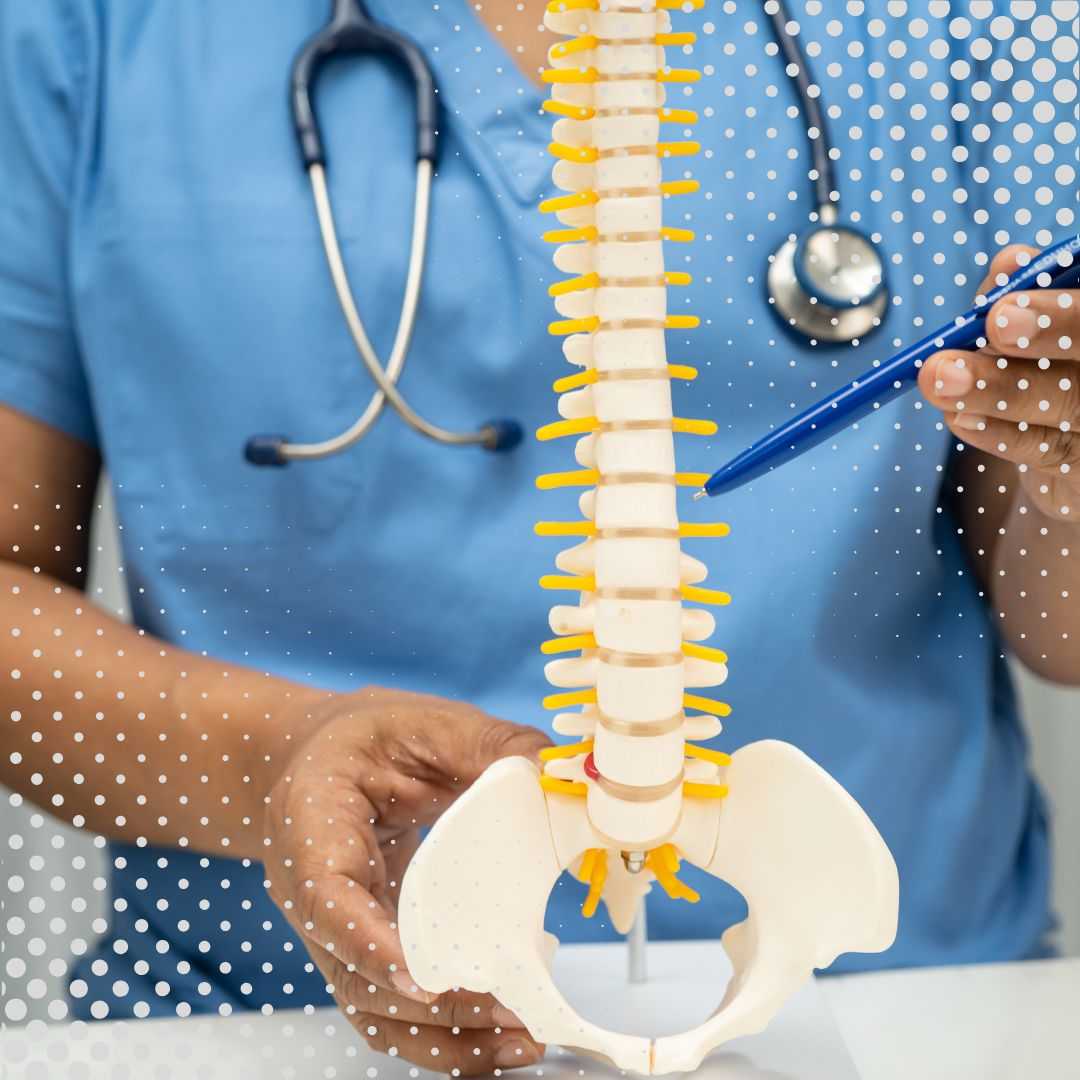
-Package-in-Kuala-Lumpur,-Malaysia-by-FirstCell.jpg)

.png)

.png)
.png)
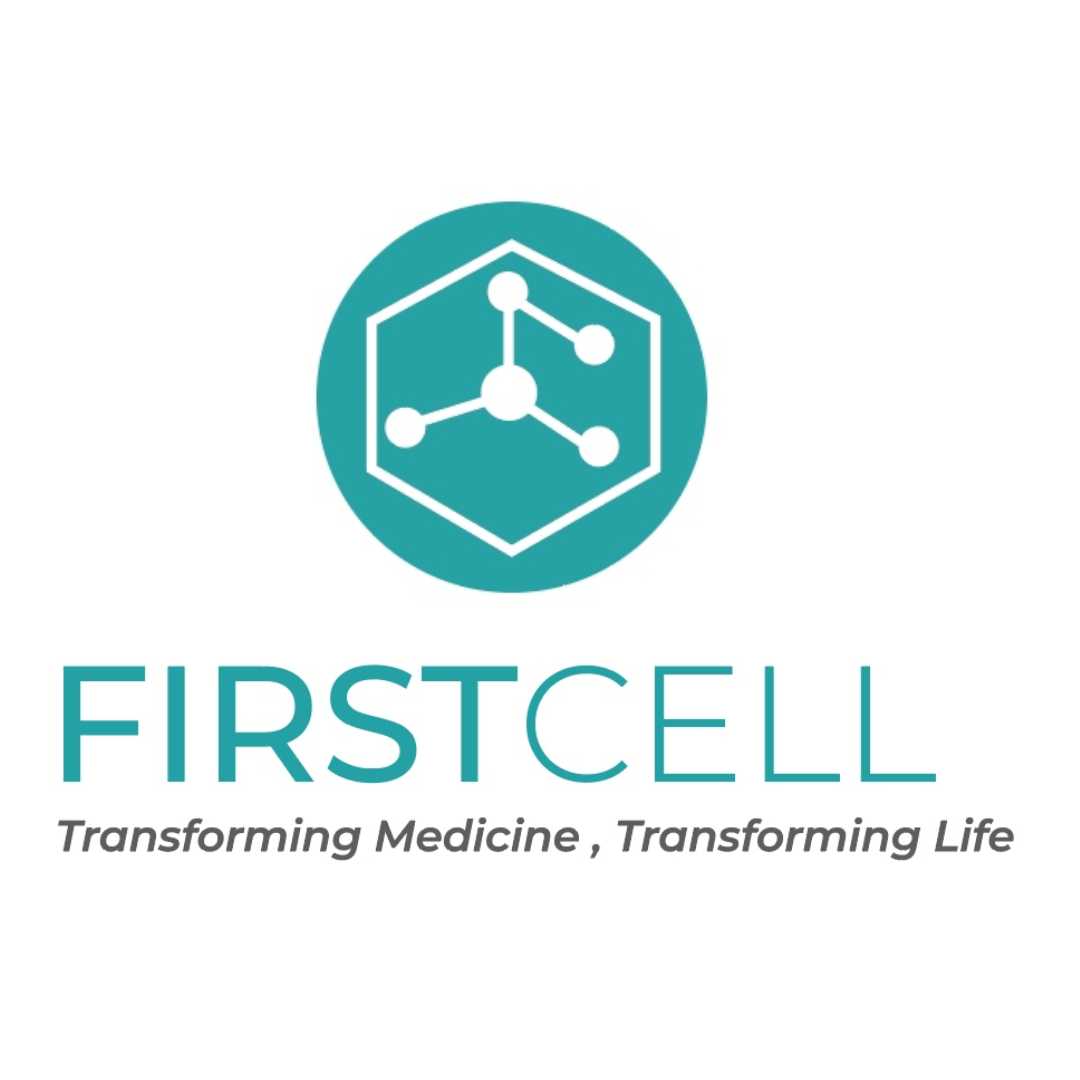


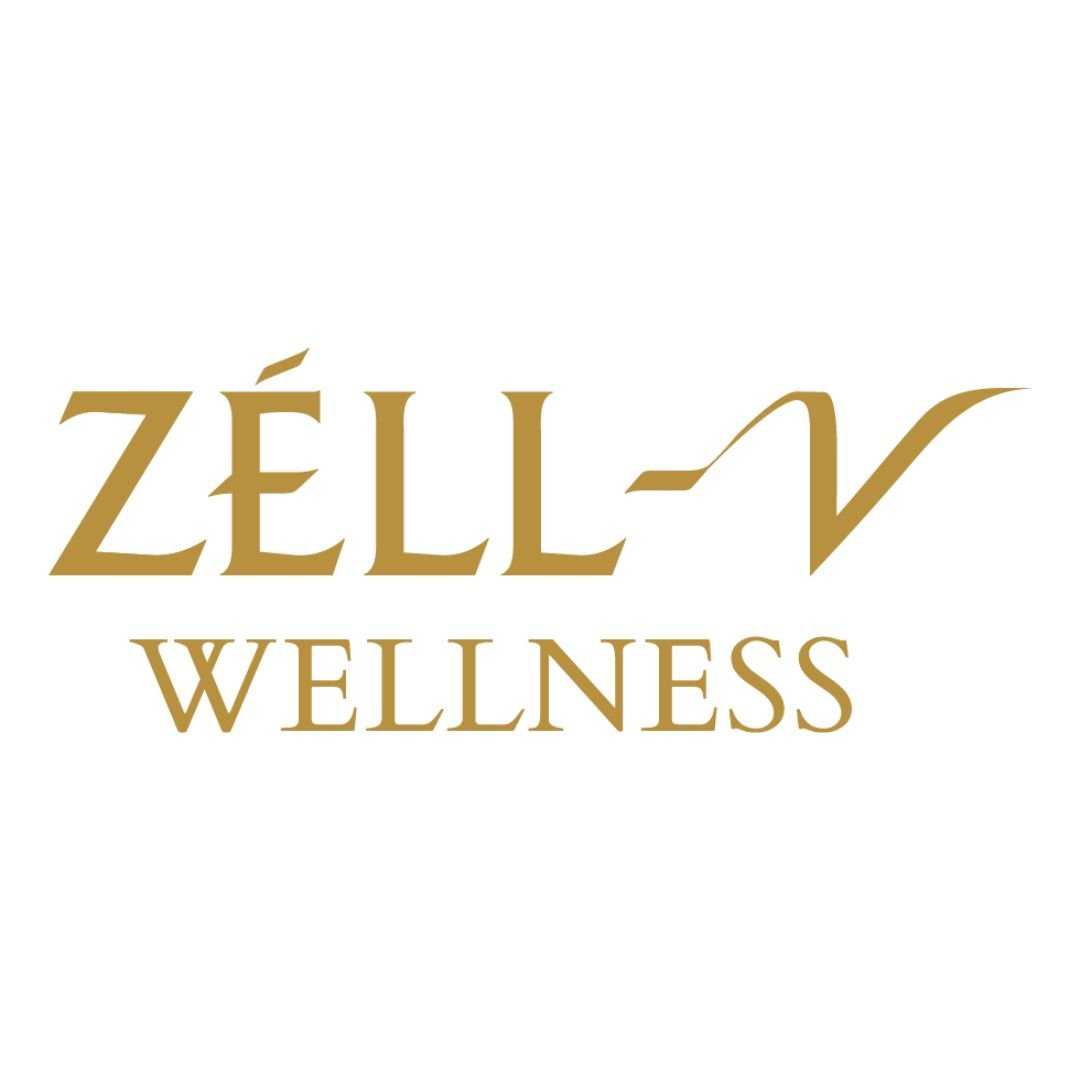
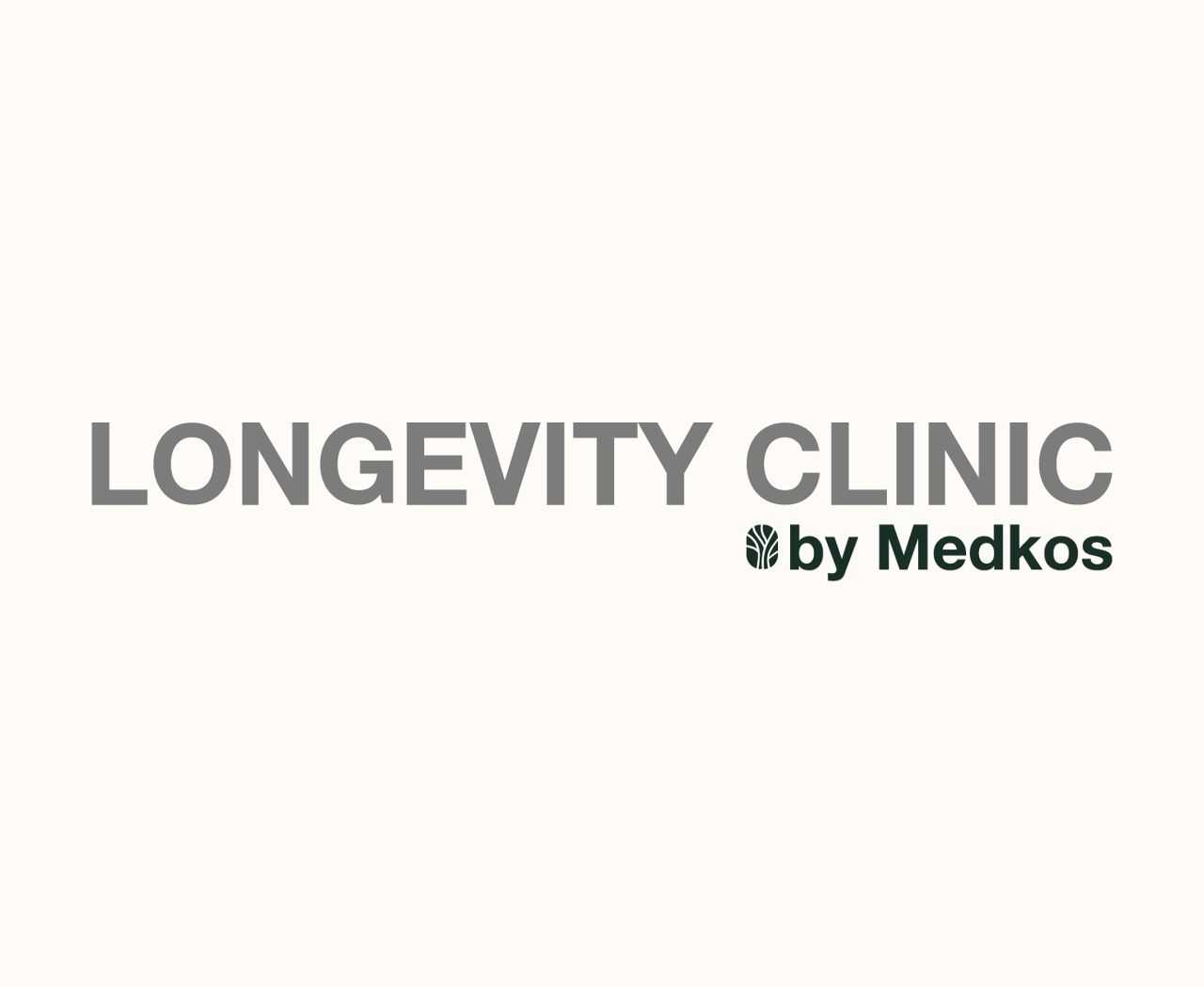

Share this listing